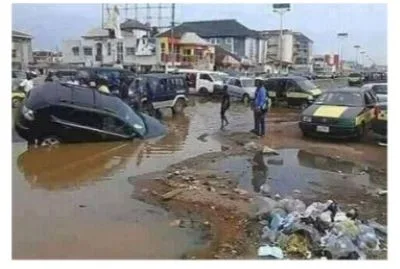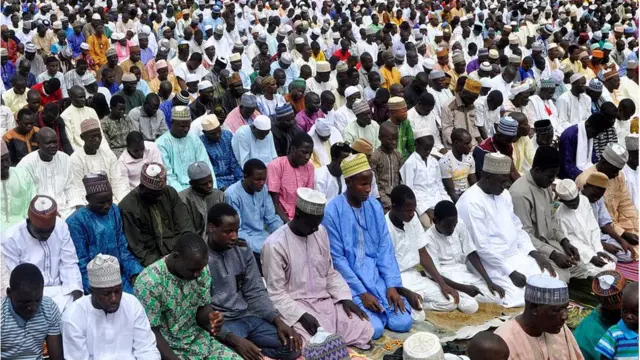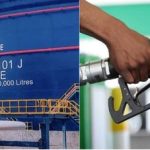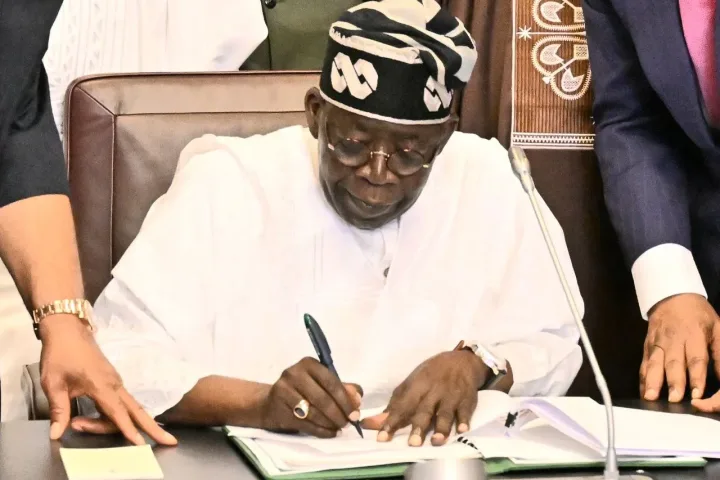The promise of progress is a powerful political tool, yet in Nigeria, the state of our roads tells a different story. Sixteen months into the current administration, the ongoing saga of delayed projects highlights a stark reality: many federal roads remain in deplorable condition, leading to tragic consequences.
As fatalities from road accidents surpass those caused by gunmen, it is crucial to evaluate the effectiveness of government actions and their commitment to fulfilling pledges.
Join our WhatsApp ChannelInherited Problems and Unfulfilled Promises
When the Minister of Works, David Umahi, took office, he inherited a staggering 2,600 unfinished road projects spanning 18,932 kilometers. He vowed to complete these delayed projects before initiating new contracts. Yet, 16 months later, public sentiment is divided on whether the administration is genuinely committed to this promise.
Supporters claim Umahi has made strides in advancing the infrastructure agenda. “We have completed 330 emergency projects and are working hard to reduce the backlog,” he said at a recent press conference. However, critics argue that his leadership style has led to more delayed projects than solutions. Contractors feel threatened by the minister’s frequent revocation warnings. A contractor who wished to remain anonymous stated, “Instead of solving problems, he is compounding them.”
Rising Death Toll: A National Crisis
The National Human Rights Commission’s grim report reveals that road fatalities in Nigeria have outpaced those caused by gun violence. Such statistics underscore the dire consequences of delayed projects. In September alone, the country witnessed a rise in road accidents, prompting urgent calls for action.
Umahi himself acknowledged, “We cannot allow our roads to become death traps. We must take responsibility.” Yet, the reality on the ground tells a different tale. Federal roads across several states remain riddled with potholes, causing untimely deaths and leaving many citizens frustrated.
In Imo State, for instance, roads such as the Ideato-Orlu-Owerri Road have been neglected for years. “It’s a nightmare driving on these roads. You never know if you’ll make it to your destination,” lamented a local driver. Similarly, in Abia State, highways like Umuahia-Owerri are in dire need of repair. Despite some progress on the Enugu-Port Harcourt Expressway, the stretch from Aba to Port Harcourt remains hazardous.
Protests and Public Outcry
The deteriorating road conditions have sparked protests from students and community members. Recently, in Ogbomoso, Oyo State, demonstrators condemned the delayed projects that have led to numerous fatalities. A protester stated, “These deaths are murder! We demand immediate action to repair our roads.”
Youth groups have issued a 30-day ultimatum to the government, threatening mass demonstrations if their demands are not met. The House of Representatives has also voiced concerns over the impact of unfinished projects, echoing the frustration of many Nigerians who rely on these roads for their daily lives.
Divided Opinions on Progress
As Umahi’s tenure continues, opinions on his performance remain split. While some praise his efforts to complete the Third Mainland Bridge and other projects initiated by previous administrations, others argue that the overall progress is inadequate. “The number of completed projects is minuscule compared to the total,” remarked Saidu Hassan, the National Chairman of the Nigerian Institution of Highway and Transportation Engineers.
READ ALSO: N70,000 Minimum Wage: Civil Servants Struggle As State Governors Delay Payments
Hassan emphasized that funding is a critical factor in addressing the delayed projects. “Has the minister received all the funding needed? We are still waiting for tangible results,” he said, highlighting the bureaucratic hurdles that have hindered progress.
The Cost of Delayed Projects
The implications of delayed projects extend beyond physical infrastructure. The financial strain on the economy is palpable, as rising transportation costs affect the prices of goods and services. A local business owner lamented, “When roads are bad, delivery costs rise, and we have to increase prices to stay afloat.” This cycle perpetuates a situation where citizens bear the brunt of governmental inefficiencies.
Ongoing Challenges and Frustrations
Contractors in the field have expressed frustration over rising material costs, which have forced them to seek contract revisions. The Bodo-Bonny project, initially awarded for N120 billion, has ballooned to N280 billion—a 133% increase in just a decade. “The government needs to adjust to the current economic climate,” one contractor remarked.
Moreover, Umahi’s threats to revoke contracts have created an atmosphere of uncertainty, causing many contractors to hesitate. “We need collaboration, not confrontation. The threat to cancel contracts only adds to the challenges we face,” one anonymous contractor added.
A Call for Accountability and Action
As the situation unfolds, the question remains: How can the government be held accountable for these delayed projects? Citizens have expressed a desire for transparency and open communication regarding progress on road projects. “We deserve to know what is happening with our infrastructure,” a concerned citizen stated.
Furthermore, experts suggest the government should prioritize completing ongoing projects rather than initiating new, ambitious ventures like the Lagos-Calabar Coastal Highway. “Why spend trillions on new projects when existing roads are in dire need of attention?” questioned Hassan.
A Glimmer of Hope Amidst the Frustration
Despite the many challenges, there are signs of progress. The Keffi-Akwanga-Lafia-Makurdi highway recently saw successful completion, showcasing what is possible when projects receive the necessary attention and funding. However, these instances remain too few and far between.
As citizens continue to advocate for their rights, it is clear that delayed projects remain a significant hurdle for the current administration. The time for action is now; the lives and livelihoods of countless Nigerians depend on it.
In conclusion, the government must demonstrate its commitment to infrastructure by prioritizing the completion of delayed projects. Public safety and economic stability are at stake, and the citizens of Nigeria deserve better. The road ahead is long, but with accountability and dedication, it can be paved for a safer future.
Emmanuel Ochayi is a journalist. He is a graduate of the University of Lagos, School of first choice and the nations pride. Emmanuel is keen on exploring writing angles in different areas, including Business, climate change, politics, Education, and others.



















Follow Us